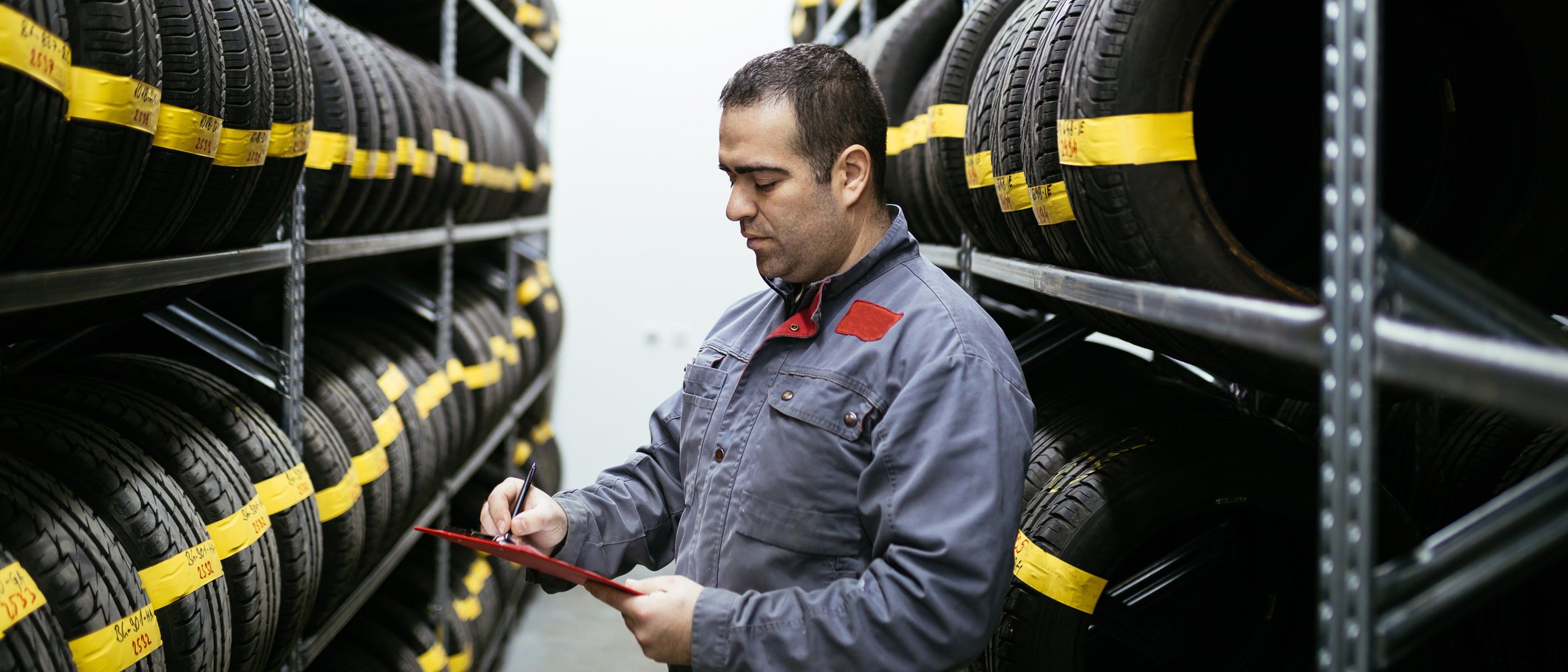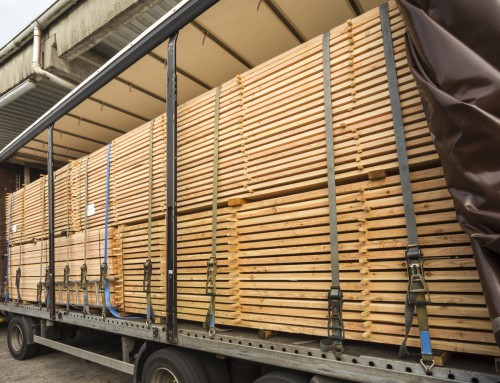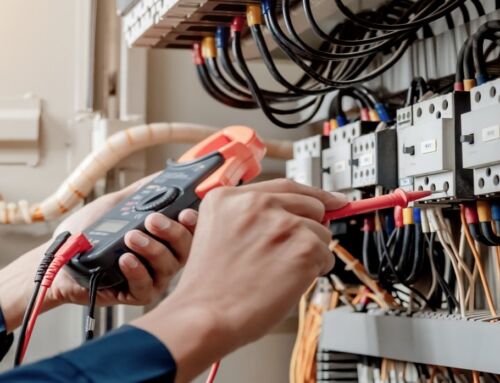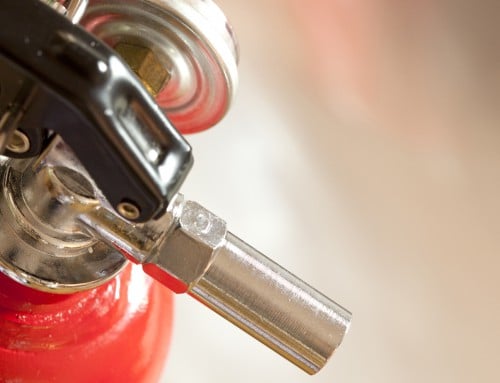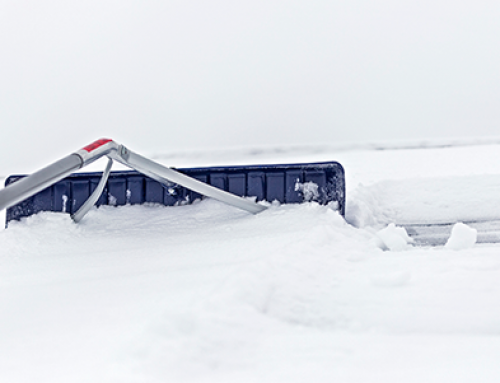When it comes to protecting your tire business — whether you’re a tire dealer, tire retreader, or auto dealer — your business is prone to a range of risks from fire hazards and property damage to theft, liability, and even cyber threats. Housekeeping may not be the first word you think of, but it is one of the most effective ways to keep your business running smoothly and safely.
Strong housekeeping and safety protocols are not just best practices, but they’re essential to protecting your employees, your property, and your bottom line. According to Federated Insurance’s internal claims data, while the number of claims from tire businesses has decreased in recent years, the average cost per claim rose by 53 per cent between 2021 and 2023, showing how much more expensive and complex today’s incidents are to resolve.
Taking the time to perform routine checks and establish clean-up practices can go a long way. Here are some key safety tips for tire businesses:
General housekeeping
Housekeeping is an important part of any tire business’ safety plan. Not only does it make your business look more professional and appealing to customers, but it also helps ensure repeat business, helps reduce fire risks, aids in the maintenance and upkeep of the building, and helps prevent slips, trips, and falls for both employees and customers.
The average tire dealer’s property loss is $82,000, while liability loss is $14,000 and auto loss is $16,000.
Slips, trips, and falls can result from hazards such as uneven surfaces, holes, sudden changes in height, or spills from liquids like oil, water, or ice. Frayed or curled carpets or runners, cluttered walkways, or outdoor debris like weeds or garbage also pose risks. To reduce some of these risks, ensure your business’ lot and shop floors are clean and free from obstructions. Promptly clean spills using appropriate absorbent materials and use signage to alert staff and customers of any hazards.
During peak seasons, ensure aisles in tire warehouses are kept clear. This not only helps reduce injury risk but also prevents fire from spreading rapidly if one breaks out.
Tire dust and particle inspection
Tire dust and particles are generated during the buffing process when preparing tires for retreading. While some of this dust will settle in the work area, most of it should be extracted by a properly maintained cyclone system. These systems use a vortex separation process to remove particles from air, gas, or liquid streams without relying on filters, directing the debris to a designated area outside the building.
Tire dust and particles can be extremely dangerous. Fires and explosions are more likely when rubber particles accumulate in the air or on the ground. To mitigate this risk, ensure rubber dust is collected in a designated storage area, and that your building, including areas around cyclone units and outdoor storage zones, is cleaned on a regular schedule.
Daily cleaning of interior workstations and weekly exterior checks around the dust collectors and vacuum units should be done. Follow the cleaning and maintenance schedule outlined by your equipment’s manufacturer.
Modern cyclone systems often include built-in fire suppression or sprinkler systems and explosion-safety features to prevent backflow into the building. Due to the potentially fatal risk, these systems should be inspected as frequently as recommended by the manufacturer.
Waste and scrap containers or tires
You may not think twice about scrap materials, but improper storage can quickly create serious fire hazards. Here are some of the precautions that should be taken:
- Waste containers:
Garbage, recyclables, and used oil should be stored at the rear of the building, away from the exterior walls. If that’s not possible, ensure regular pickups are scheduled.
This step is important, because if the containers were to be set on fire while located close to the building or inventory, the resulting damage could be extensive. Containers should be locked, secured, and ideally monitored by cameras. A fence with gates can offer another degree of protection, and a professional grade padlock should be used. These steps, along with regular pickups, are important to deter any possible acts of arson or vandalism.
- Waste or scrap tires:
Scrap tires can also become a hazard if not managed properly. They can be stolen, misused, or even added to by third parties, which makes disposal your responsibility. Too many tires on the lot can also be a fire hazard.
To mitigate these risks, waste or scrap tires should be stored in a specific area or trailer at least 50 feet (15 m) away from your building. The location of these tires should be secured with either a fence or surveillance system, and tires should also be picked up and recycled on a regular basis. The frequency of pickup depends on your business’ size and volume.
Outside storage
To keep any tire business safe, outside storage also needs to be taken into consideration. Pallets, tires, and combustible materials should always be stored away from the building. According to the National Fire Code, there must be a minimum distance 50 feet (15 m) between these items and the building to reduce fire risks and ensure compliance.
Want to learn more?
Housekeeping isn’t the only concern a tire business owners should focus on. From cybersecurity to fire code compliance, there are a number of additional risks that must be addressed.
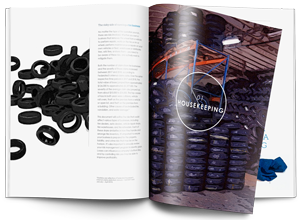
Protect yourself with business insurance!
Tire business safety measures are vital but sometimes even the best practices aren’t enough to prevent every incident. That’s why it’s essential to have a safety net in place. Whether it’s a fire, theft or another major disruption, business insurance can help you recover faster and reduce out-of-pocket expenses. To find out how Federated Insurance can help protect your business, visit our business insurance page today!
This blog is provided for information only and is not a substitute for professional advice. We make no representations or warranties regarding the accuracy or completeness of the information and will not be responsible for any loss arising out of reliance on the information.
